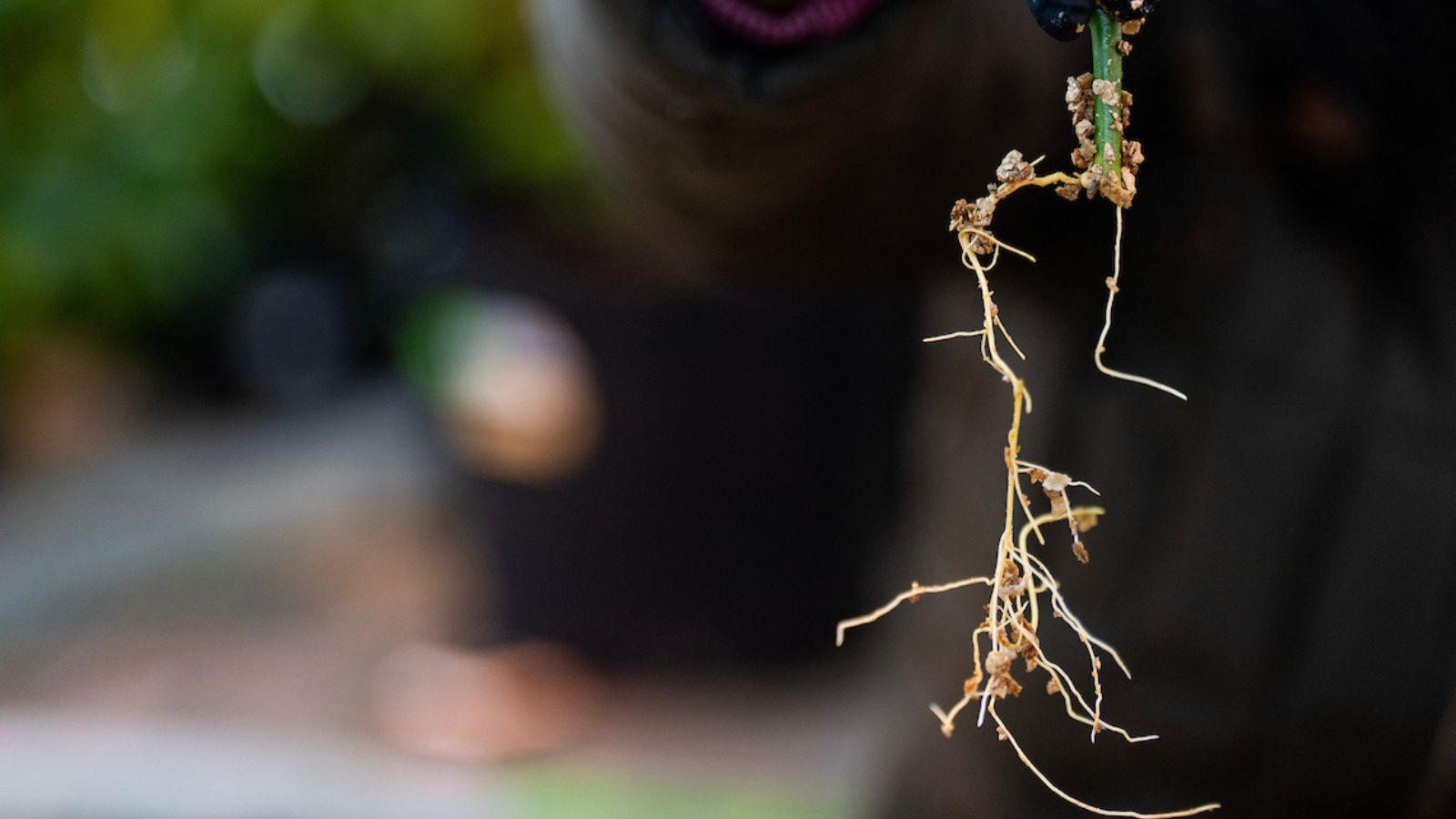Seeking solutions against pathogens that cannot be cultured for laboratory study
Fastidious (unculturable) plant pathogens devastate several food and commodity crops. For instance, citrus greening or Huanglongbing disease, caused by a fastidious bacterium, Candidatus Liberibacter asiaticus, is inflicting approximately $3 billion in annual losses. Similarly, potato zebra chip disease, caused by CandidatusLiberibacter solanacearum, causes annual crop losses of US $25 million in Texas alone.
To overcome the challenges of studying fastidious pathogens, we developed new technologies and bioassays that enable culturing and propagation of these pathogens. These tools are used to conduct high throughput screening of antimicrobial genes and therapeutics.
Novel disease-resistance genes and antimicrobials (chemistries, peptides, etc.) are further utilized towards crop improvement or developing strategies to control devastating fastidious plant diseases.
Research funded by the U.S. Department of Agriculture-National Institute of Food and Agriculture-Agriculture and Food Research Initiative, Foundation for Food and Agricultural Research

